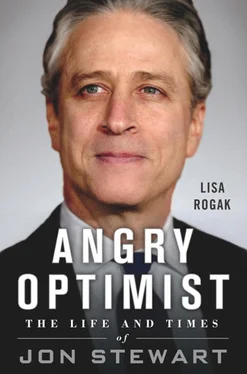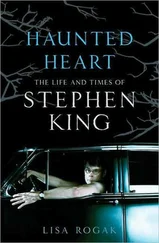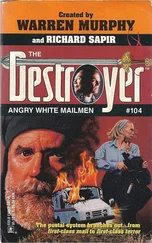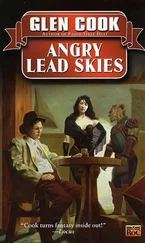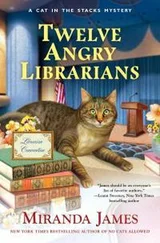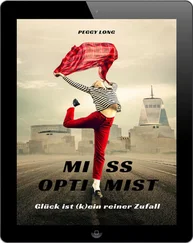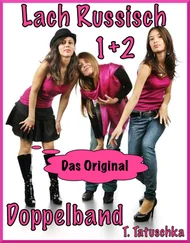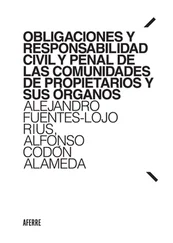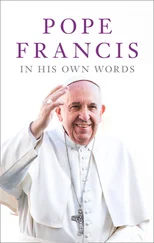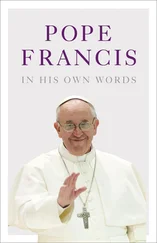While he had plenty of experience cracking jokes with his friends or while standing behind the bar, Stewart had never told jokes onstage.
He was understandably terrified.
“I was in the city for a good nine months to a year before I had the balls to go up onstage,” he admitted.
So while he worked up the courage to walk through the doors of a comedy club that held regular open mikes where anyone could tell a couple of jokes at least for a few minutes before getting heckled off the stage, Stewart continued his habit of working odd jobs: driving a catering truck to deliver food to fancy events around town or busing tables at a Mexican restaurant, all while listening to Lenny Bruce records in his off hours. He had a vague notion that if comedy didn’t work out after a while, he’d apply to law school.
After months of putting it off, in the fall of 1987 he finally worked up the nerve to walk into the storied Bitter End on Bleecker Street on a Monday night at one o’clock in the morning and get up onstage. Woody Allen and Bill Cosby had gotten their starts at the Bitter End, so he thought he would be in good company. Besides, the audience would be sparse at that hour, so he wouldn’t have to worry about getting heckled off the stage.
He was wrong. “Everybody’s first song, first joke, is ‘This is who I am, this is where I was raised, this is who my parents are,’” he said.
But first, the host botched “Leibowitz” during his introduction, which was a bit of a surprise in a city filled with seemingly unpronounceable names, Jewish and otherwise. It obviously didn’t help his nerves.
So he took a deep breath and told his first joke on his firstever attempt at stand-up:
“It’s lunchtime in the Diamond District,” he told a scattered crowd of drunks, tourists, and combative and competing comics. “All the stores close down and the street is filled with chasidim, who suddenly find themselves caught in Yidlock.”
He was met with crickets before the heckling started.
He gamely continued with more jokes in the same vein, about being Jewish in New York—though he had been warned by another club owner that this being New York, they didn’t need any more Jewish comedians—and approximately three minutes after he began, a guy in the audience yelled, “You suck!”
“Jon went up on stage and bombed,” said Paul Colby, who owned the Bitter End. “I mean he bombed atomically. It was terrible to watch. By the time his set was over, Jon had had quite enough of show business. He said good-bye, vowing never to go near a stage again.”
But Wendy Wall, Colby’s assistant, ran after him as he hightailed it out of the club, head down, face burning with shame. “I wouldn’t say he bombed,” she said. “It was one [A.M.]. It’s not easy with a crowd like that.”
In any case, Wall saw something in Jon, a spark in between the Jewish jokes and the struggle not to visibly cringe at the heckling. She pulled him aside for a quiet talk and encouraged him. Part of him didn’t believe her, but a tiny part did. She actually made him promise her that he’d come back and give it another shot. Though it took him four months before he worked up the nerve to grace the stage again, he did, because despite the harassment and anxiety, telling jokes to an audience made him feel “better than anything else.”
So he took the stage again at the Bitter End for another open mike—with Wendy Wall standing off to the side to encourage him—but before he gave the emcee his information for the introduction, he did something different.
He changed his name. Instead of Jon Leibowitz, he became Jon Stewart, using his middle name as his surname, altering the spelling.
“Most people assume I changed it because it was too Jewish, but I’ve never shrunk away from that. Half my act is devoted to being Jewish,” said Stewart. “It was something I needed to do. My folks got divorced. I was re-creating myself. It was a symbolic change. I was at a weird point in my life. At the time, I was really searching for a way to get away, to push a different path. I had lost my job, lost my girlfriend, and moved to New York on a lark. I have no regrets about it.”
“The host’s hesitation at trying to pronounce my name that first night bothered me,” he said years later. At the same time, even though Jewish jokes would become part of his stock in trade over time, he didn’t want the joke to be on him . “You don’t want a tauntable handle in show business.” But even more than that, he admitted that some of the reason behind his decision to change his name came from “some leftover resentment at my family.” In other words, his father.
Things went better for him the second time, and he quickly delved into new routines, polishing snappy comebacks to the hecklers, and more importantly, winning the respect of club owners around the city. While he continued to work at the Bitter End, he also started to appear at the Comedy Cellar, another notable stand-up club, where he soon took the last gig of the night five nights a week, which started at two in the morning.
“I was the last guy [to go onstage] on weeknights,” he said. “I wasn’t good enough for weekends. But at 1:45 A.M., I went up there and did whatever popped into my head.”
For his routines that first year he combined the subjects of religion, media, and politics and how he felt about them—similar to what he ended up doing with The Daily Show years later—but admittedly his material was much less polished and aware.
“As I went on every night, I learned the difference between impersonating a comedian and being a comedian,” he said. “That was my break, learning how to be authentic, not to the audience, but to myself. I developed a baseline of confidence and also insecurity. I knew how bad I was, and I knew how good I was. And that is what helped me through a lot of the ups and downs as we went along.
“It took me six years to write my first forty-five minutes,” he admitted.
For the first year he spent in New York, he continued to work at a variety of menial jobs to pay the rent, but once he won the Comedy Cellar gig, he took a job with the City University of New York as a contracts administrator so that he could spend his evenings traveling from one club to another to check up on the competition and study their routines before heading to his own regular gig.
And what competition it was. Ray Romano, Chris Rock, and Louis C.K. all started around the same time, along with Adam Sandler. For the most part, Stewart was at least a few years older than the rest of them.
“I remember thinking at the time—and these were my exact thoughts—‘These young punks are going to have no trouble at all making it big, and that’s really annoying,’” he said. “You could just see success on Adam, even back then.”
They began to hang out together, riffing off of each others’ hang-ups and visiting comedy clubs as a group. Stewart learned that they all shared the same traits: that while they weren’t the most optimistic people in the world, there was something about comedy that helped ease their pessimistic worldviews.
“Most comedians are incredibly cynical,” said Stewart. “They do it to feed something in themselves. Somewhere in their brains a neuron fires happily and a need is eased, like a drug. It’s almost self-medication.”
Most comedy clubs in New York paid either in “carfare,” ten or twenty bucks, or a meal. Stewart didn’t care. “I used to trudge around to four clubs a night, working for falafel money,” Stewart admitted.
Stewart was fortunate in his timing: live comedy was becoming more popular at the time, and when he first started pursuing the life of a stand-up comic, demand was at an all-time high. New clubs were opening every week around the country, and restaurants and entertainment venues launched “comedy nights” on a regular basis. Open mikes in major cities like New York and Los Angeles were regularly scouted by talent agents and producers looking for the next best thing, and even in smaller regions, aspiring comics still held out hope that they could be discovered.
Читать дальше
